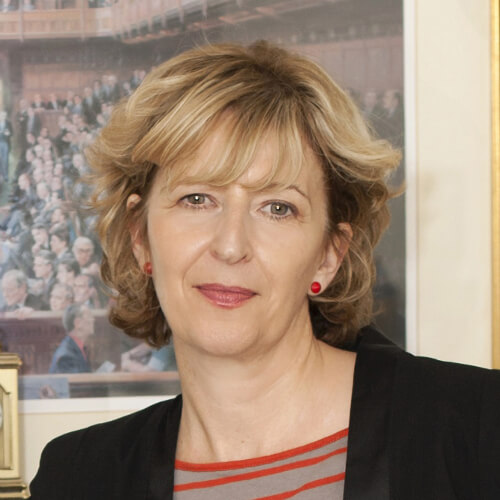Teacher strikes – Why this will be a winter of very different discontent

Economic unease. An energy crisis. Teachers threatening strikes. But the parallels between now and the 1970s only go far, says Melissa Benn…

- by Melissa Benn

So far this year, there have been many warnings regarding our country’s potential return to the troubles of the 1970s.
Rocketing inflation, industrial unrest and political churn have all once again taken centre stage within our politics and economy, with teachers just one of multiple groups representing workers and professionals currently contemplating strikes over what they see as risible pay offers.
Yet for all the rehashing of stale clichés concerning union militancy and an approaching ‘Winter of Discontent’, there are limits to what the past can teach us about this present moment – particularly when it comes to schools.
Context is all
Most parents today won’t remember the 1970s and 80s, when teachers went on strike much more regularly. Many won’t have even been born.
The dominant narrative tends to represent this period as one of disruptive and often unnecessary militancy. The more considered view is that strikes have always formed part of a long, complex power struggle to improve pay and conditions across the teaching profession.
In the decades since, the once highly influential education unions have been progressively marginalised and sidelined by successive governments. For some time now, it’s the perceived interests of parents, rather than teachers, that have shaped the educational priorities and policies of politicians from all parties.
But whatever else happens this autumn, it’s going to be hard for the government led by Liz Truss – herself a parent of secondary age daughters – to claim that teachers walking out of schools is the result of greed, laziness or leftist ideology. Why? Because context is all.
What teachers are calling for forms just a small piece of a far larger jigsaw, composed of demands being issued by everyone from railway workers to nurses, junior doctors and barristers. The more sectors that go on strike, the harder it will become to separate ‘strikers’ from the ‘general public’.
Public opinion
Even after a number of one-day actions by railway workers over the summer, public opinion in early autumn has continued to be broadly sympathetic to their cause.
Bear in mind that trade unions have undergone a transformation of their own since the 1970s. Overall membership numbers may have dropped but are starting to climb again, with women now considerably better represented among both members and leaders.
It’s one thing to try and characterise a picketing miner or protesting steel worker as a bully. It’s quite another to paint exhausted nurses and diligent primary school teachers as insensitive, selfish figures.
Getting the word out Teachers’ representatives have privately told me that public support for their cause is strong. As one put it, “We get the feeling from parents, particularly younger ones, that they’re very sympathetic. They recognise the powerful relationship the teacher has with their child, particularly over the pandemic.”
Amid the looming cost of living crisis, schools will again be in the front line, this time battling to keep their pupils well fed and warm – but perhaps the biggest change from the 1970s is how we, as a society, communicate with each other.
40 years ago, what the public knew about strikes and the reasons for them was almost entirely filtered through traditional news and broadcast media outlets. Now, there are a multitude of channels awash with diverse voices serving up tweets, memes, podcasts, Facebook groups and Instagram posts.
Consequently, headteachers now can – and do – communicate directly with parents regarding their mounting salary and utility bills, and make appeals for support. In perhaps one of the most heartbreaking vox pops of recent times, a news report showed a school lunch supervisor breaking down in tears as she described how she’d had to turn away children from the lunch counter due to them having no credit on their account.
Peddling the line
All of this will make it very difficult for politicians to peddle the line that teachers are ‘harming the economy’, or that teachers’ unions are ‘holding the country to ransom.’ Instead, the public might well conclude that unless reasonable pay settlements are reached, the opposite is true – that it’s the government holding a gun to the nation’s head. By not paying teachers properly, our leaders may be seen as impeding the futures of our young people, already so damaged by the disruptions of the pandemic.
Melissa Benn (@Melissa_Benn) is a writer and campaigner, and visiting professor of education at York St John University











